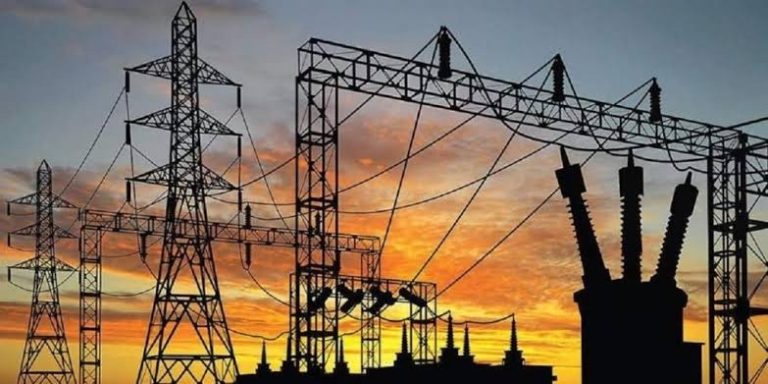Some experts on Tuesday underscored the need for digital infrastructure and technology upgrades to drive Nigeria’s power sector growth and energy transformation.
They said this during the IoT West Africa Data Centre, Cloud Expo, Power and Water event in Lagos on Tuesday.
In his presentation, the Chief Executive Officer of Transafam Power, Mr Vincent Ozoude emphasised the urgent need to modernise Nigeria’s power sector.
“The power sector requires a radical overhaul to meet the demands of a growing population and economy.
“It is important to leverage technology to improve infrastructure and address inefficiencies in the power sector, “he said.
The Transafam boss noted that smart systems could enhance efficiency and reliability, driving economic growth and productivity.
Ozoude emphasised the benefits of adopting advanced technologies such as smart metering systems, mesh internet of things, and upgrading distribution network cables to reduce electricity theft.
He also emphasised the significance of smart grids for optimising energy flows.
Regarding the roadmap for faster technology adoption, Ozuode stressed the need for strategic planning that considered Nigeria’s demographics and existing infrastructure.
He recommended implementing smart grids in phases, starting with areas that had high energy demand.
He also highlighted the importance of specialised training for the workforce to effectively utilise new technologies.
Ozoude underscored the necessity of continued regulatory reforms to support the rapid adoption of smart technologies.
Similarly, the Project Manager at the Rural Electrification Agency (REA), Bala Tyoden, emphasised that digital infrastructure was the fundamental backbone for achieving a significant and sustainable transformation of Nigeria’s energy sector.
“Digital infrastructure is key to unlocking Nigeria’s energy potential and driving economic growth,” Tyoden said.
Tyoden explained that digital infrastructure ensured efficiency and scalability in project planning, monitoring, and maintenance.
He highlighted the use of geospatial tools and new energy planning platforms to map out high-potential areas and access quality data for decision-making.
Tyoden stated that advancements in IoT and the tech sector were now enabling better access to real-time data on generation, consumption and economic outputs.
He emphasised the impact of AI tools in the energy sector, saying that smart meters empower customers and provide operators with valuable insights into energy usage and demand trends.
“Smart meters are a game-changer for the energy sector, providing real-time data and enabling informed decision-making,” Tyoden added.
He stressed the need to equip local companies with digital literacy and technical skills to ensure the sustainability of energy infrastructure.
“By investing in digital literacy and technical skills, we can build a workforce that can drive Nigeria’s energy transformation,” he said.
Tyoden called for sustained partnerships between the public and private sectors in the energy space and highlighted the grants available through the REA to encourage private sector participation.
“Furthermore, the successful implementation of smart grids in countries like Ivory Coast serves as a model for Nigeria’s energy transformation.
“By embracing digital infrastructure and technology upgrades, Nigeria can unlock its vast energy potential and drive economic growth and development,” he said.
NAN


